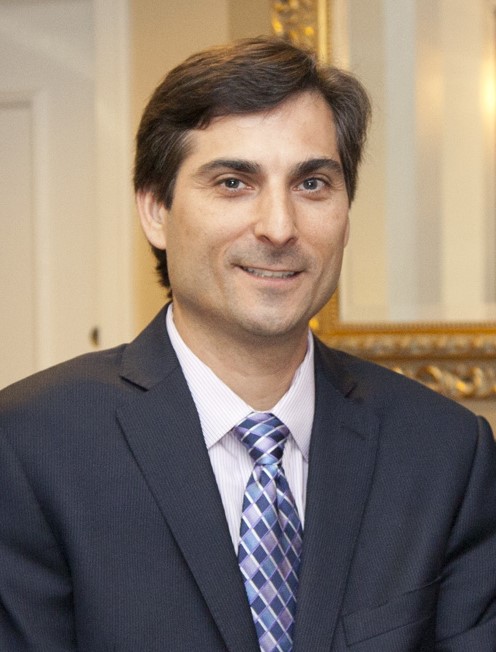I’m Watson, Please State the Nature of Your Medical Emergency

In the TV series Star Trek: Voyager, the ship’s Doctor was a computer program called the Emergency Medical Hologram (EMH). The EMH program was built into the starship’s sickbays as a stopgap measure for use if the ship’s doctor should be temporarily unable to perform his duties. But in the first episode, Voyager’s medical personnel are killed, and the EMH is called into action as Chief Medical Officer for the duration of the series.
Whenever someone walked into sickbay, the program was engaged and the doctor would greet the patient with the phrase, “Please state the nature of the medical emergency.”
That’s all Science Fiction…it will never happen, you say?
That was the opening for an article I published more than five years ago titled, “IBM’s Watson Supercomputer Could Help Doctors Improve Healthcare”
This week, this headline triggered an “I told you so” moment: IBM’s Watson gives proper diagnosis for Japanese leukemia patient after doctors were stumped for months.
The Daily News reported that it took Watson only 10 minutes to correctly diagnose a rare form of leukemia in a 60-year-old woman—a medical mystery that had stumped doctors at the University of Tokyo for months.
Enter IBM Watson. Named after IBM founder Thomas J. Watson, IBM Watson is a breakthrough in the field of open-domain Question Answering (QA).
The QA technology that underlies Watson is called DeepQA and was developed by IBM Research in collaboration with leading universities. DeepQA represents a quantum leap in web search technology.
Watson goes well beyond simply answering questions. It actually learns by being exposed to large data repositories, much like people have to think through our learning and experiences to answer questions. To do this, Watson parses through unstructured content, such as natural language text, speech, images and video to analyze vast amounts of content.
The complex algorithms for the analytics engine behind Watson are tuned specifically for open-domain QA. These algorithms help Watson handle the broad range of information that language can express and evaluate the evidence it collects to produce its confidence level to answer the question at hand.
How Can Watson Help Doctors?
“You don’t want your doctor to guess. You want him to have confidence in his answer before he decides to give you a treatment,” commented Dr. Katharine Frase, VP, industry solutions and emerging business at IBM Research.
“For at least thirty years, it’s been humanly impossible for a physician to master all the material they need to practice at the highest level,” said Dr. Herbert Chase, professor of clinical medicine at Columbia University. “Medical literature has doubled in size every seven years” he added.
“You are never going to replace a trained doctor or nurse,” said Dr. Joseph Jasinski, healthcare and life sciences at IBM Research. “But certainly a system like Watson could be a Physician’s Assistant. Suppose you are a clinician, a doctor, a nurse trying to diagnose a very complex case. You have some ideas, but in order to confirm your hypothesis, confirm what you think is wrong; you need a lot of information.” he added.
In the last five years, Watson has been learning a lot about medicine. Today, it can help diagnose and treat cancer, hypertension, diabetes, stress and anxiety, just to name a few.
In the not too distant future when you visit a healthcare provider, don’t be surprised if you are faced with an avatar like Watson in a white coat asking you, “Please state the nature of the medical emergency.”
I wonder what my next “I-told-you-so moment” will be?